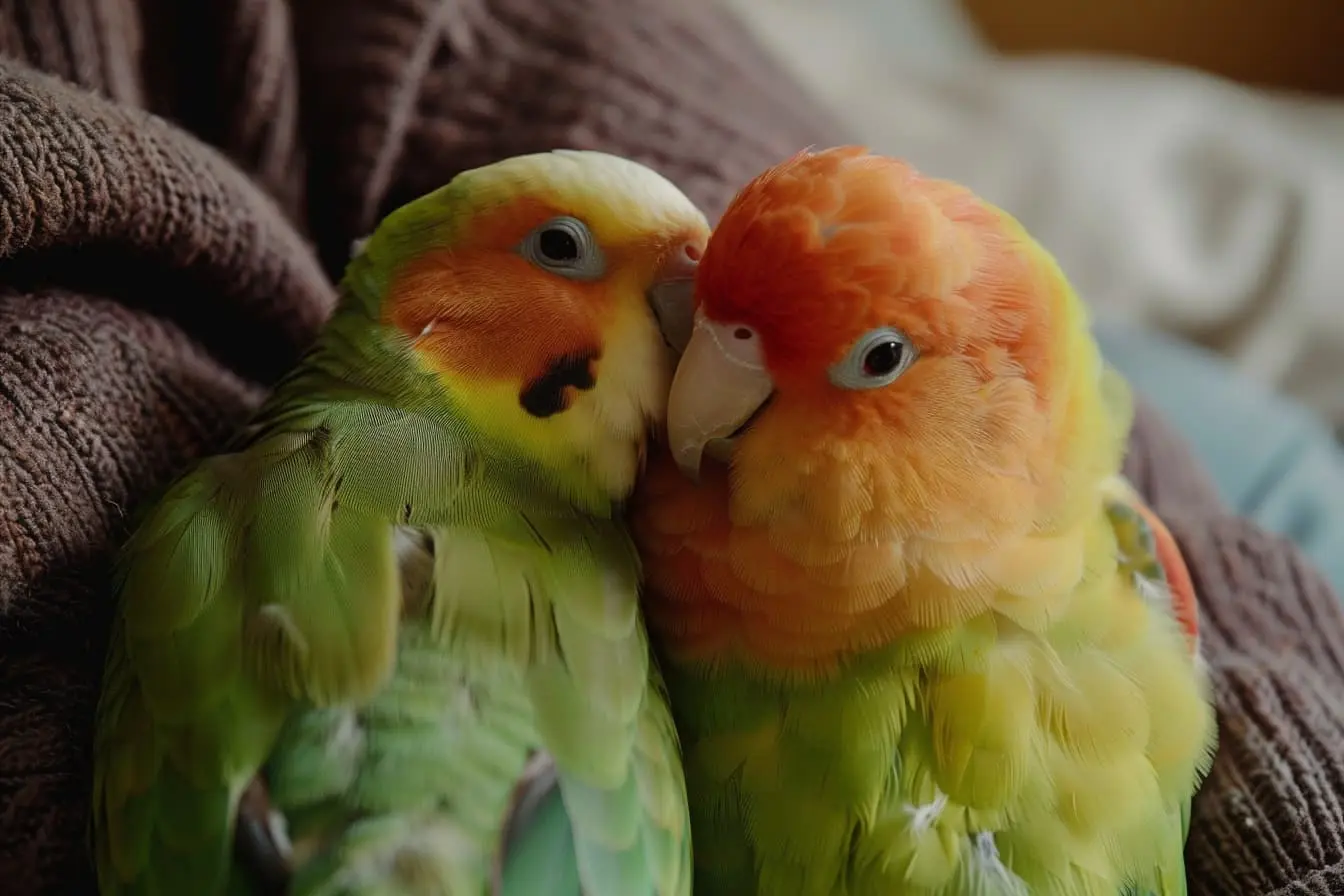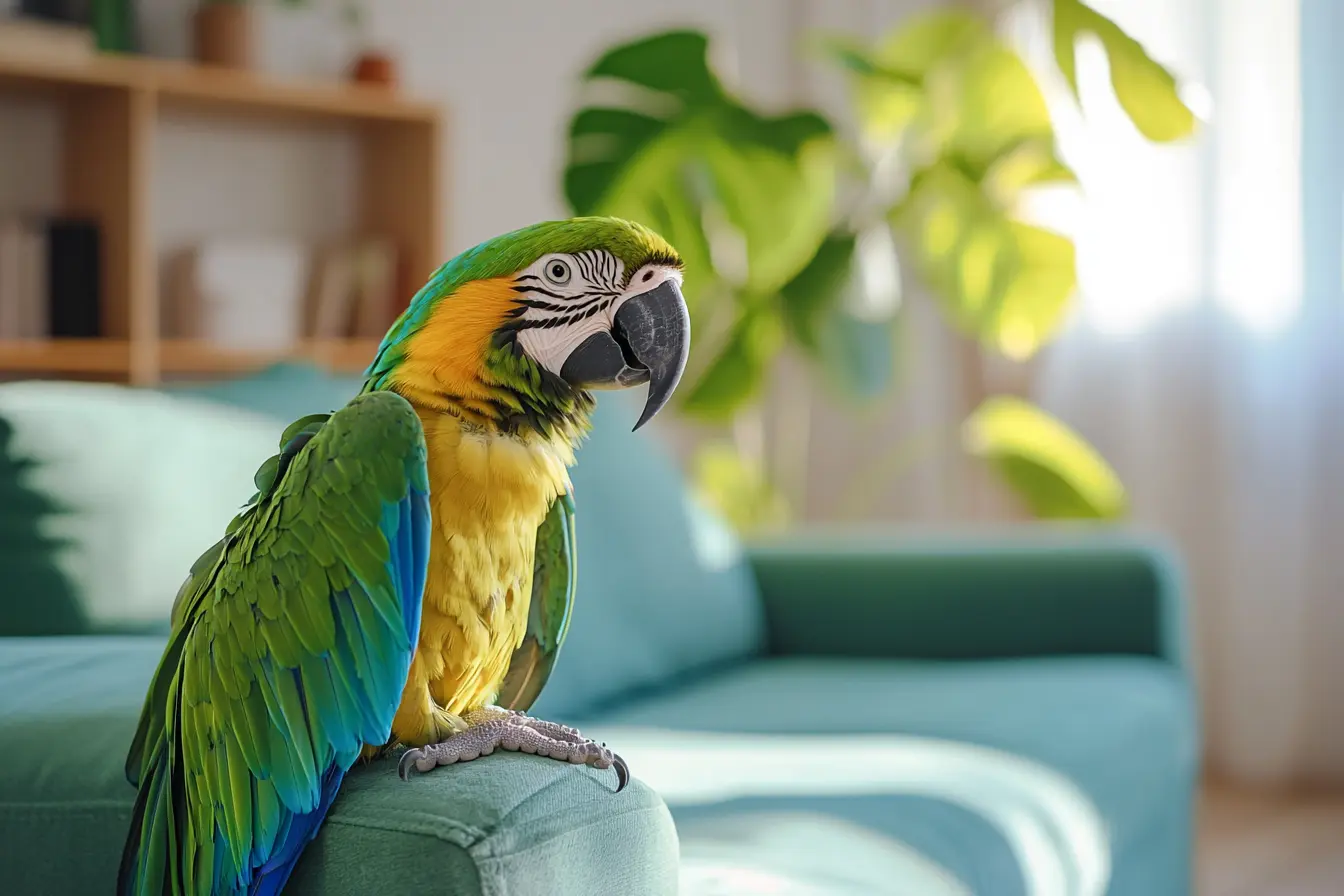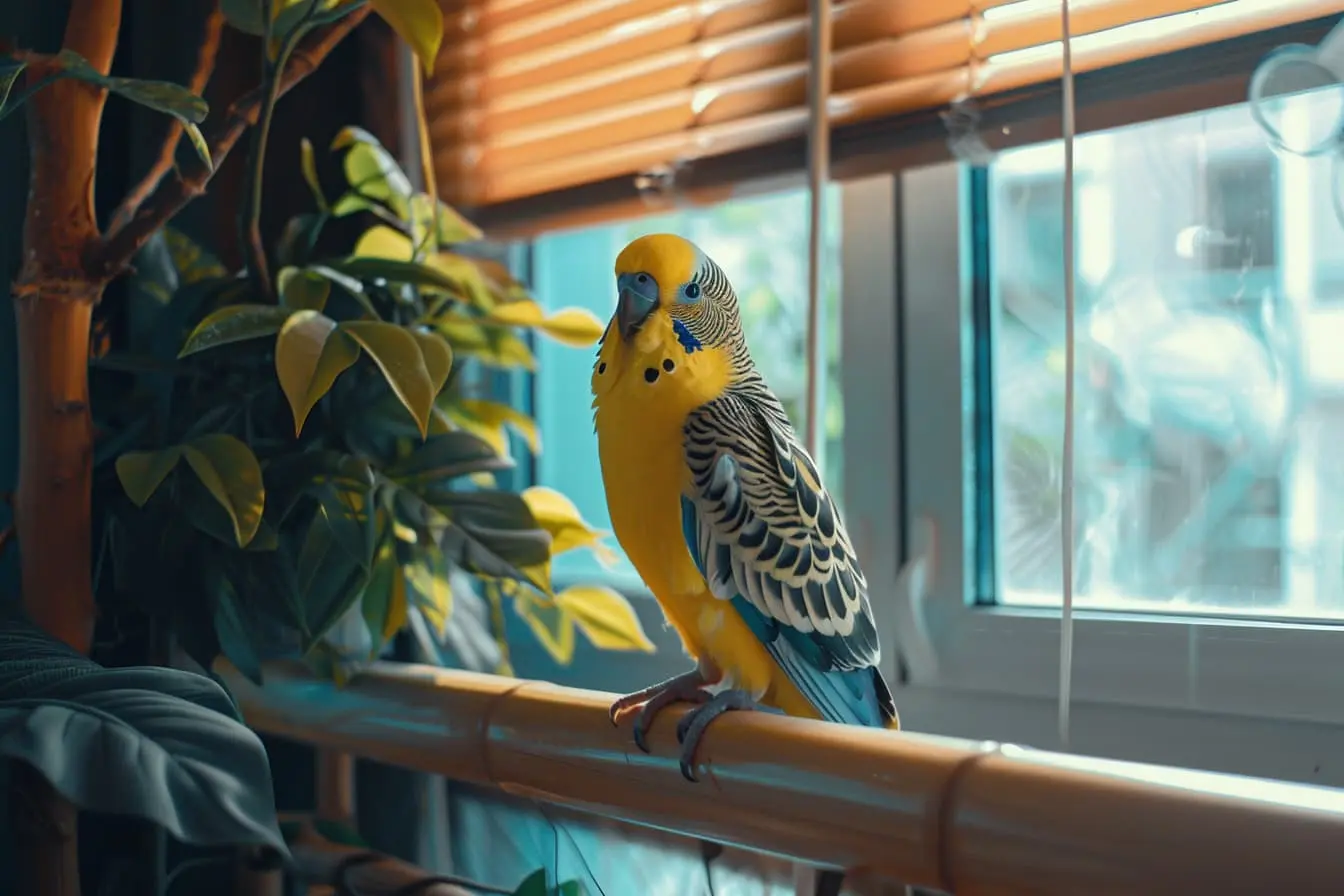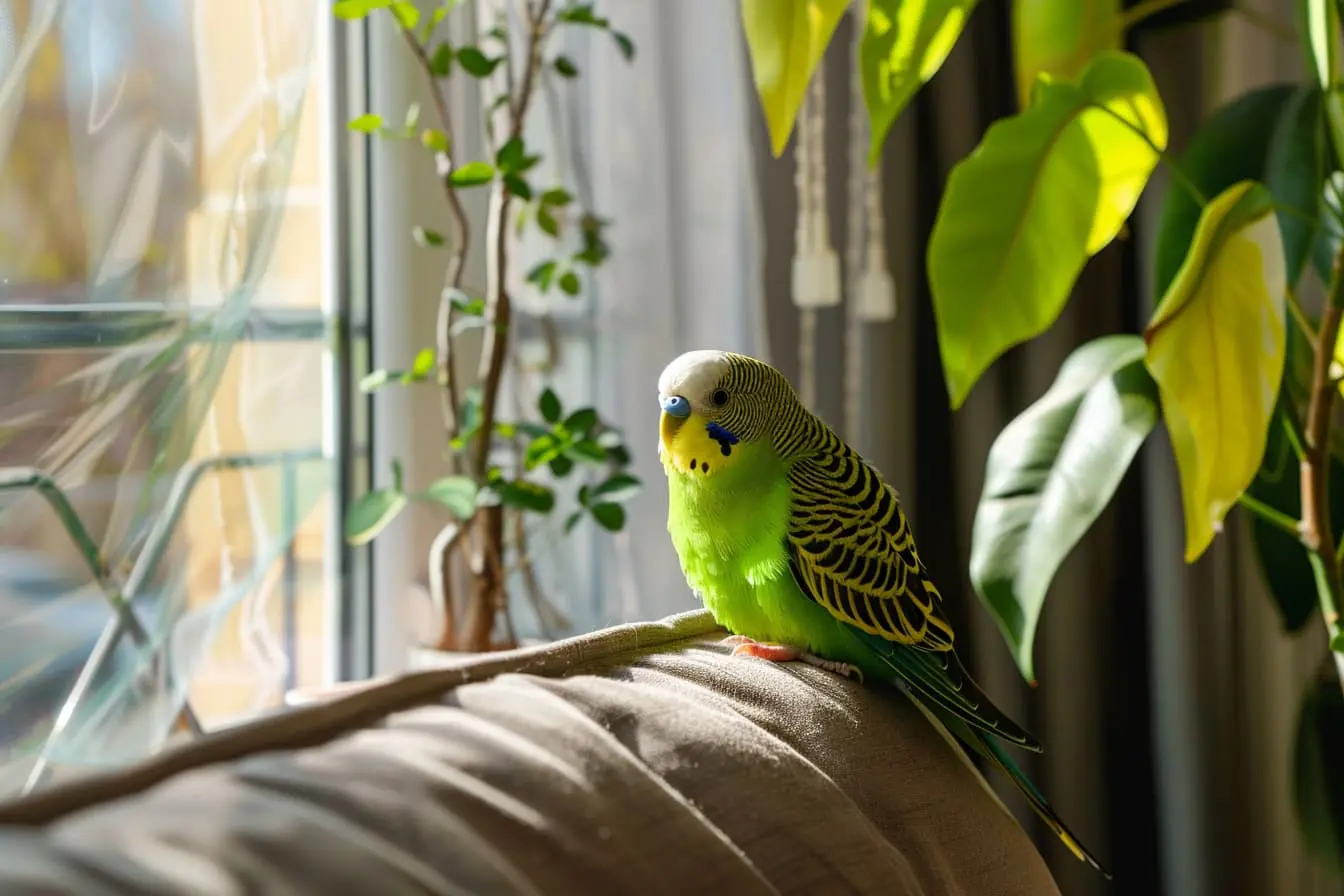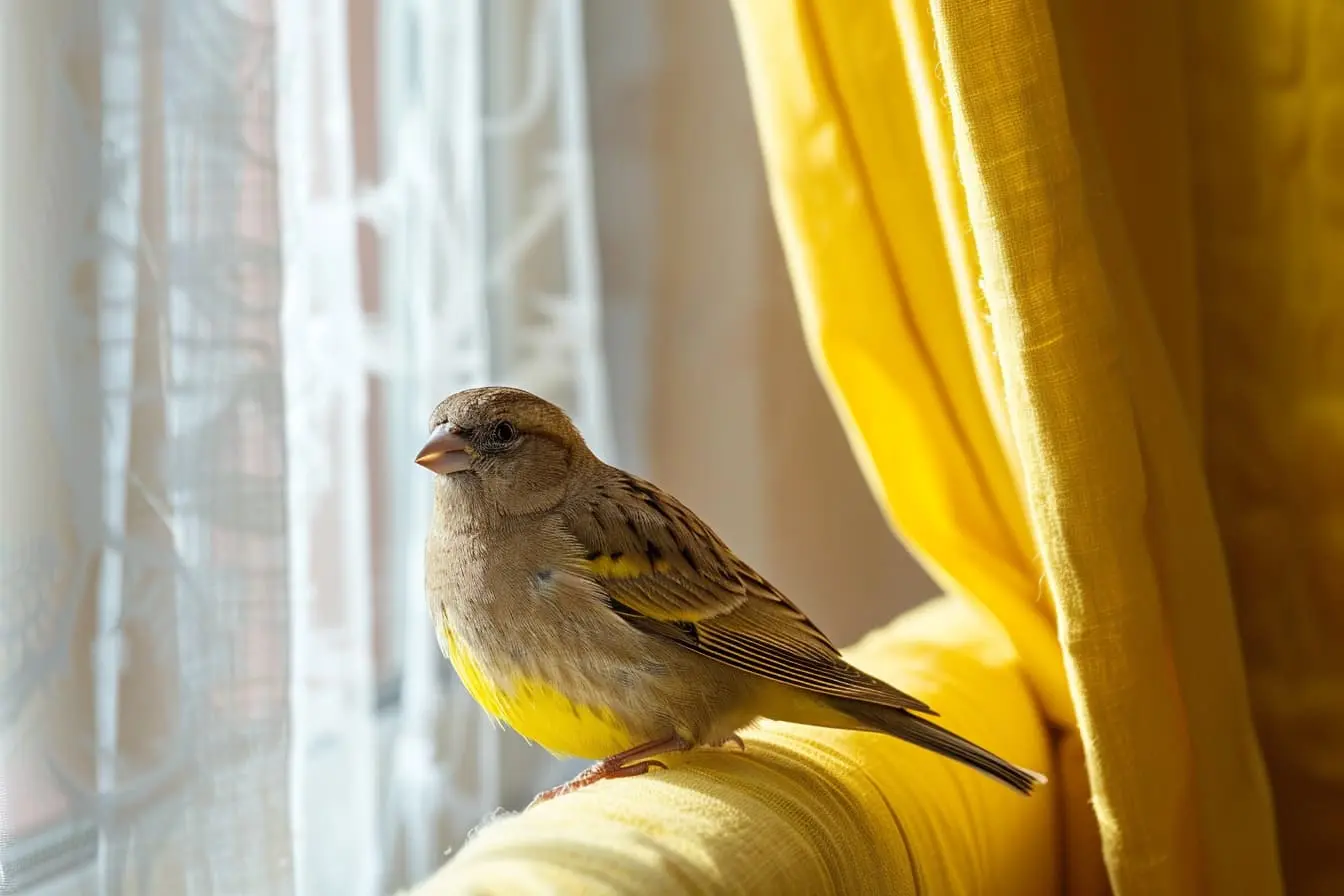
The Complete Guide to Owning a Finch
Finches are delightful and charming pets, favoured for their vibrant colours and melodic songs. They're an excellent choice for both beginner and experienced bird owners in the UK due to their relatively easy care and sociable nature. This guide aims to provide you with all the necessary information to ensure a happy and healthy life for your new pet finches.
Choosing Your Finch
Types of Finches
Finches come in several varieties, each with unique characteristics. Some popular types include:
- Zebra Finches: Known for their hearty nature and striking patterns.
- Gouldian Finches: Famous for their bright, multicoloured plumage.
- Society Finches: Great for beginners due to their friendly disposition.
Where to Buy
- Reputable Breeders: A reputable breeder can provide healthy, well-socialised finches and can offer specific advice on care.
- Pet Stores: Ensure that the store is clean and the staff are knowledgeable about their finches.
- Bird Rescues and Adoption: Adopting a finch can be a fulfilling way to provide a home to a bird that needs one.
What to Look For
- Health: Look for active, alert finches with bright eyes, clean feathers, and full crops.
- Behaviour: Active and vocal behaviour generally indicates good health.
Setting Up Your Home
Cage Requirements
- Size: A larger cage is preferable, as finches are active flyers. The minimum size for a pair should be 30 inches long, 18 inches wide, and 18 inches high.
- Location: Place the cage in a quiet but social part of your home away from direct sunlight and drafts.
- Bar Spacing: Ensure the bar spacing is no more than 1/2 inch apart to prevent escape or injury.
Essentials
- Perches: Provide various perches at different heights to encourage movement and exercise.
- Toys and Accessories: Although not as necessary as for parrots, simple toys can help keep finches entertained.
- Food and Water Dishes: Equip the cage with accessible and easy-to-clean dishes.
Nutrition
Daily Diet
- Seeds: A high-quality finch mix should form the basis of their diet.
- Pellets: Pellets can also be used to ensure balanced nutrition.
- Fresh Foods: Regularly provide fresh vegetables and occasional fruits to supplement their diet.
Foods to Avoid
- Avoid foods that are toxic to birds, such as avocado, chocolate, and caffeine.
Health and Maintenance
Regular Vet Visits
- Schedule annual check-ups with an avian vet to ensure your finches are healthy.
- Signs of Illness: Be alert to any changes in behaviour or appearance that might indicate illness, such as lethargy or ruffled feathers.
Daily Care
- Cleaning: Clean the cage regularly, with daily spot cleaning and a thorough clean weekly.
- Bathing: Offer a shallow dish of water a few times a week for bathing.
Social Interaction and Environment
Companionship
- Finches are highly social and do best in pairs or small groups to prevent loneliness.
- Ensure that the finches have enough space and resources to prevent territorial disputes.
Environmental Stimulation
- Change the layout of the cage periodically to keep the environment stimulating.
- Play soft music or finch songs to provide auditory stimulation.
Legal Considerations
Wildlife and Countryside Act 1981
- Make sure any finch species you intend to keep is not listed under the Wildlife and Countryside Act 1981, or ensure you comply with any specific legal requirements for keeping protected species.
Conclusion
Finches make delightful companions and are relatively easy to care for, making them an excellent choice for new bird owners. By providing the right cage environment, a balanced diet, and regular health checks, your finches will thrive and bring joy to your home. Get ready to enjoy the lively chirps and beautiful colors of your new feathered friends!
Vets near you
Speciality vets
- Aquatics vet specialists
- Birds vet specialists
- Camelids vet specialists
- Cats vet specialists
- Cattle vet specialists
- Deer vet specialists
- Dogs vet specialists
- Equines vet specialists
- Exotic vet specialists
- Goats vet specialists
- Pigs vet specialists
- Poultry vet specialists
- Sheep vet specialists
- Small Mammals vet specialists
- Wild vet specialists
Vet facilities
- Accessible by public transport
- Blood testing
- Car park nearby
- Client car park
- Dentistry
- Diagnostic imaging
- Disabled public access
- Flea and worm treatments
- Microchipping
- Mobile services
- Neutering
- Open at weekends
- Out-of-hours service
- Referral interests
- Referrals only
- Street parking outside
- Toilets available
- Vaccinations
